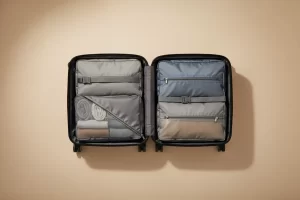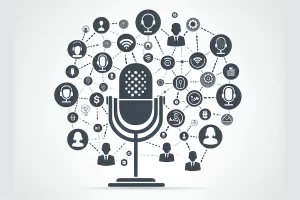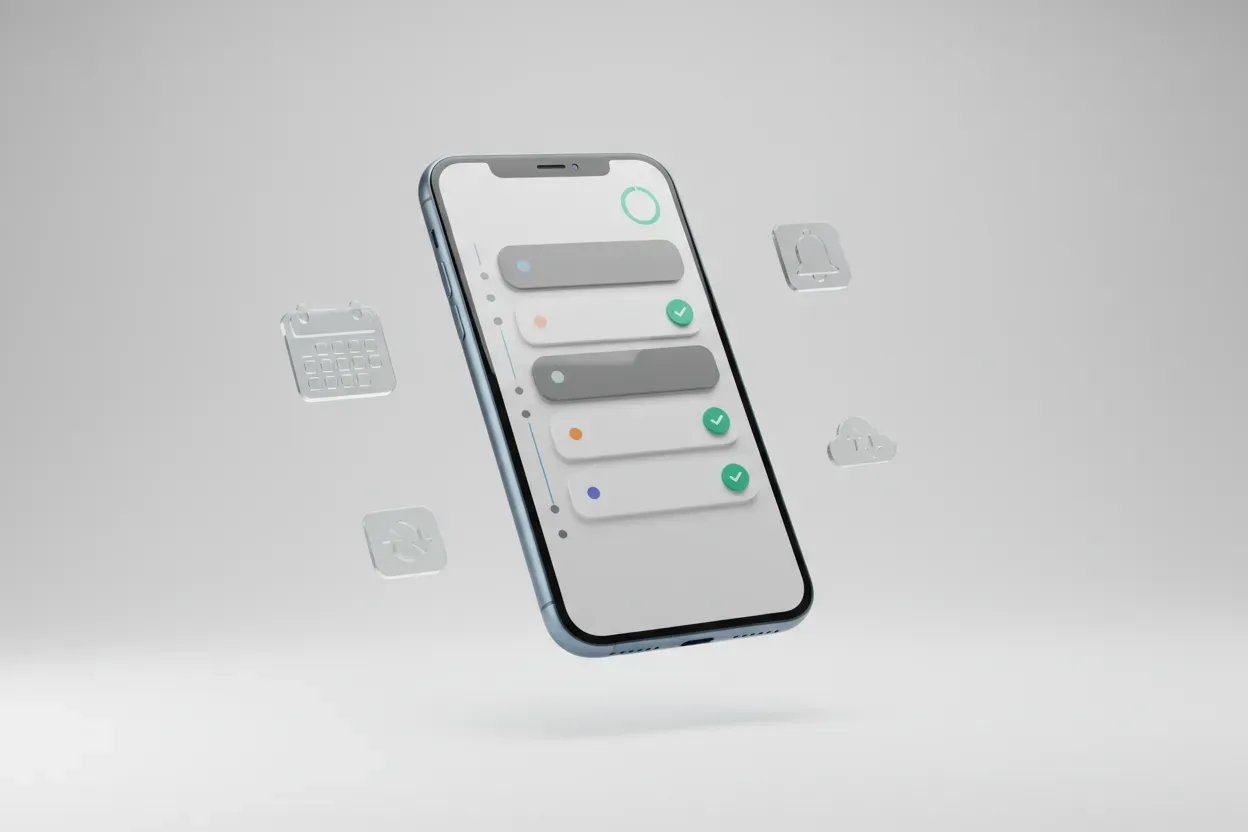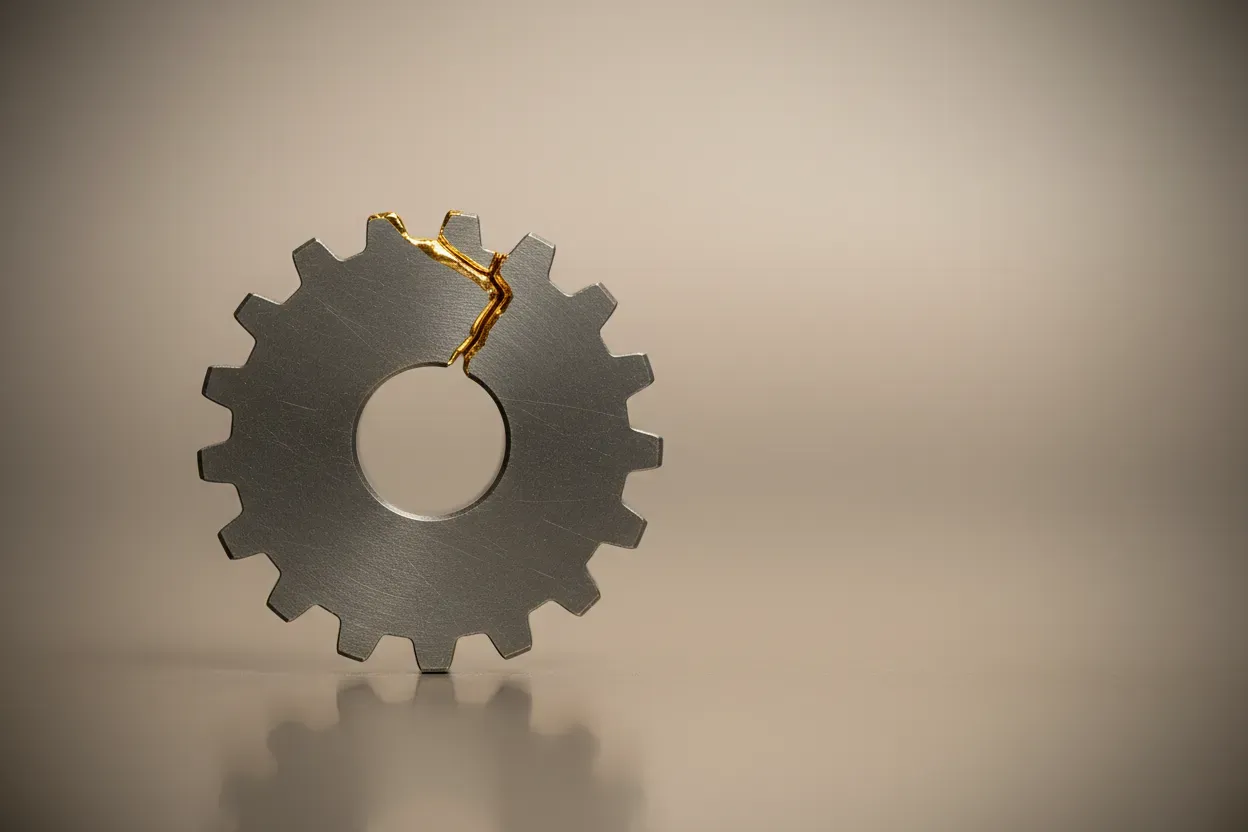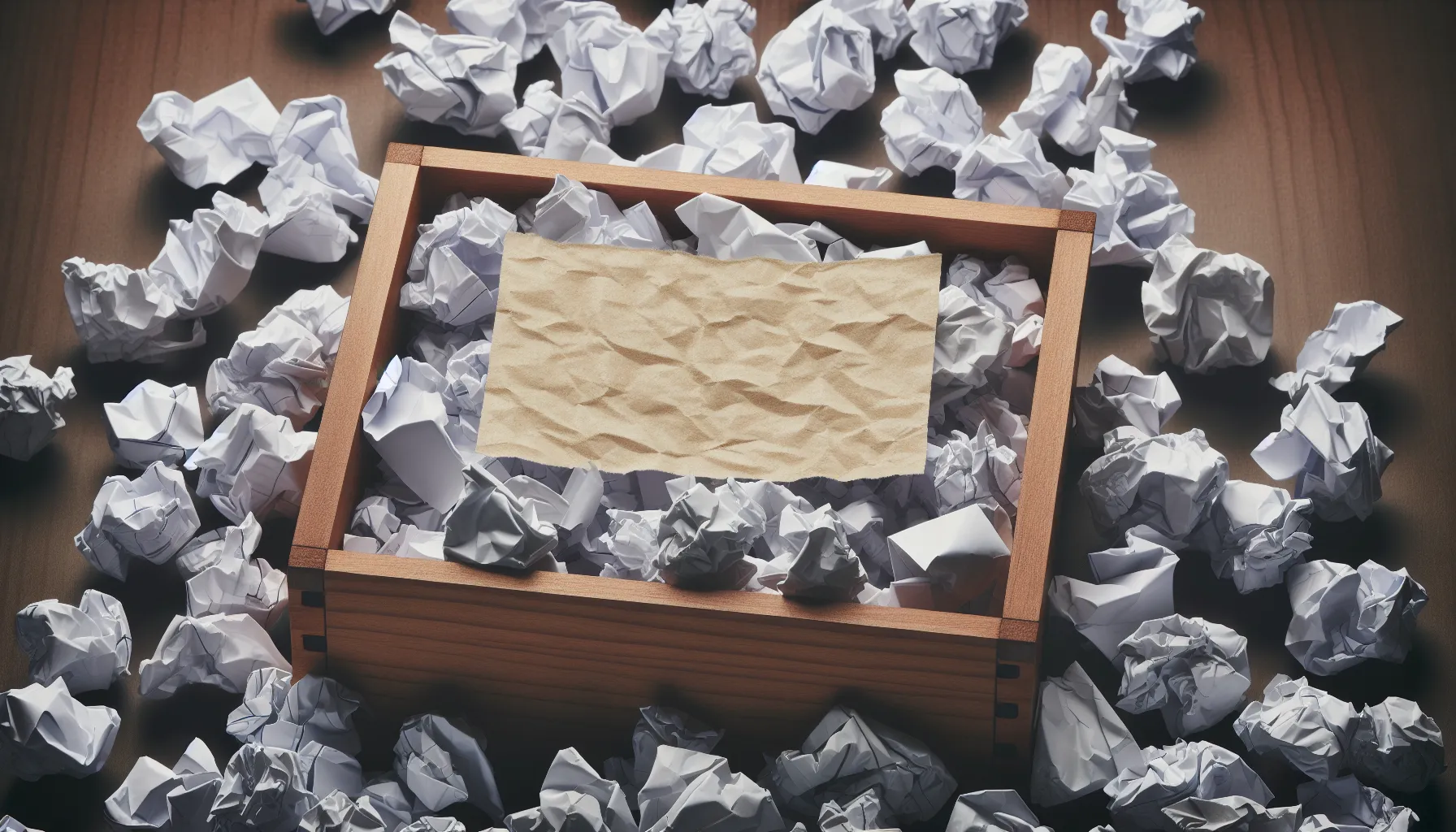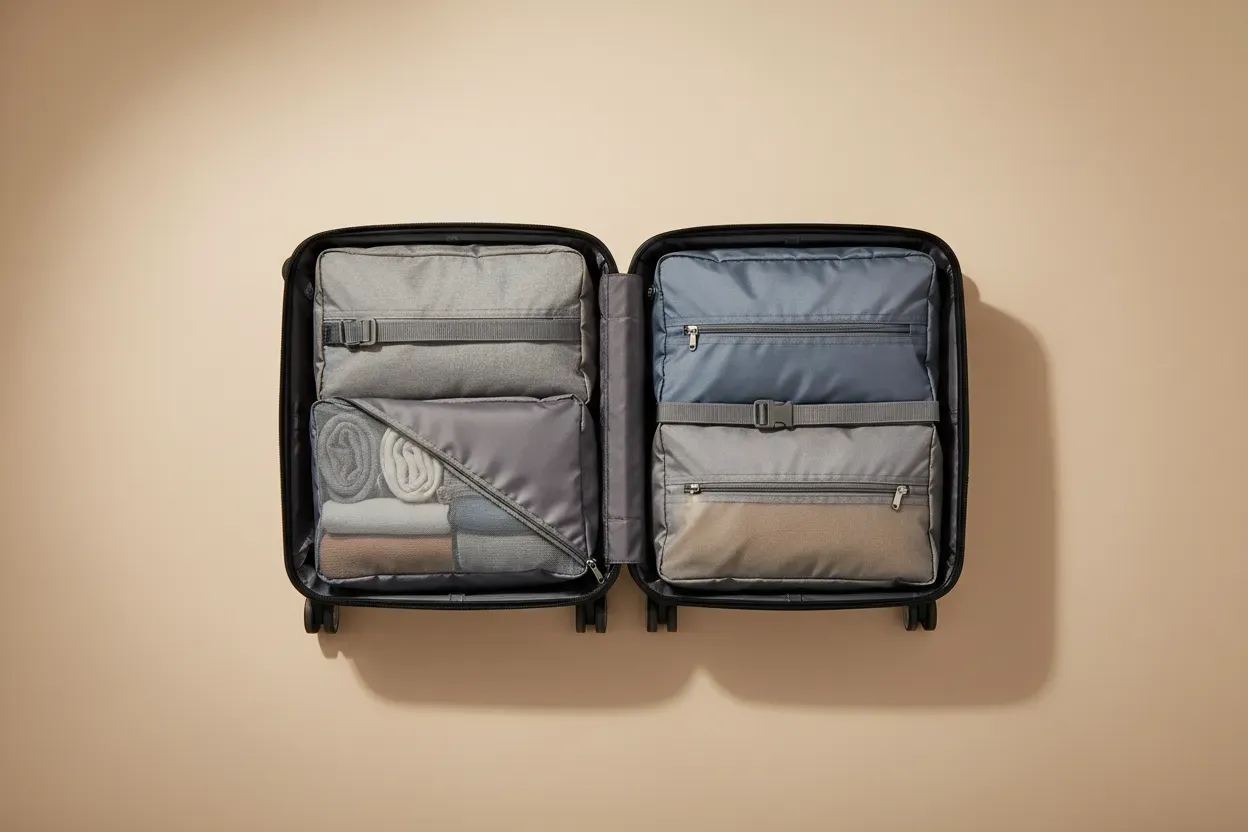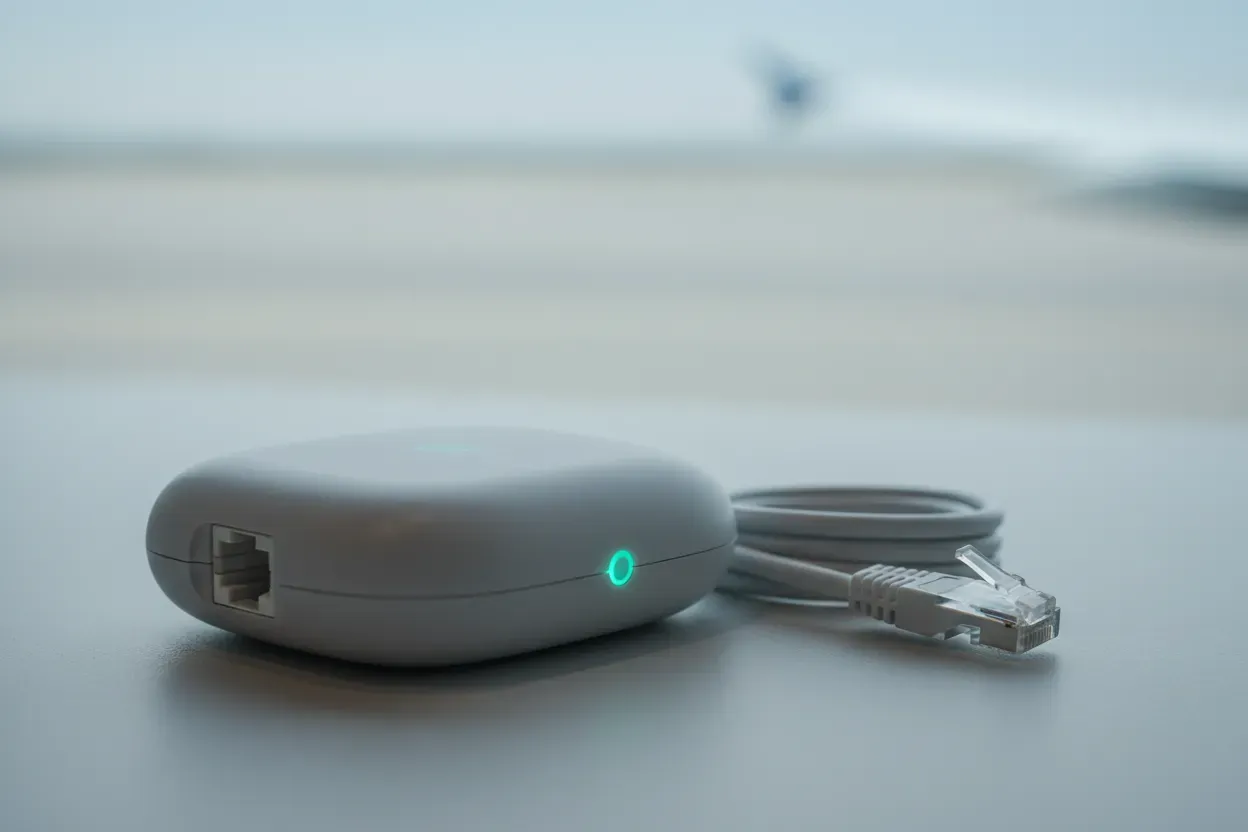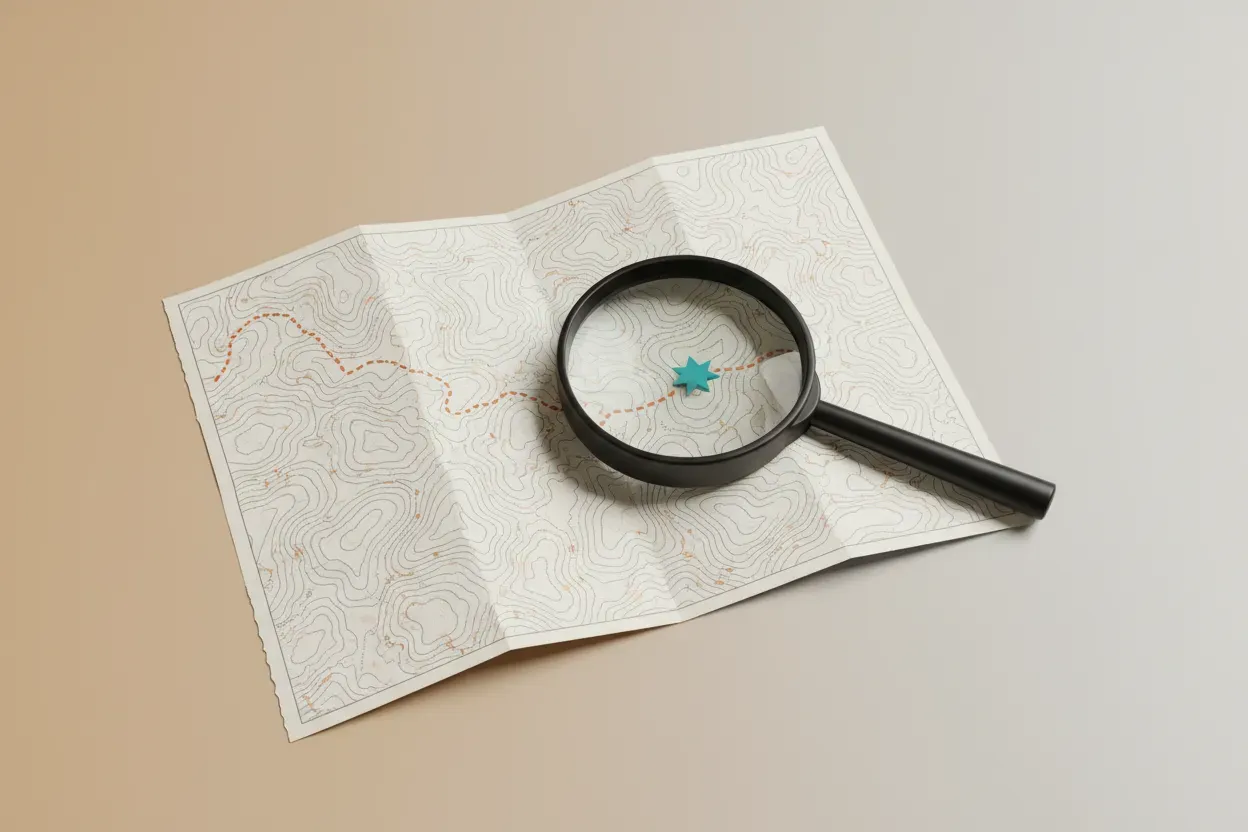What are Effective Strategies for Dealing with Jet Lag?
Jet lag can disrupt even the most carefully planned travel experiences, but there are proven methods to minimize its effects. This comprehensive guide presents 15 effective strategies backed by sleep specialists, nutritionists, and travel medicine experts. Discover practical approaches from adjusting sleep schedules and seeking sunlight to optimizing nutrition and supporting gut health for smoother time zone transitions.
- Balance Vata Through Warmth and Routine
- Adjust Sleep Before Flight
- Realign Circadian Rhythm Systematically
- Focus on Nutrition and Hydration
- Adjust Meal Timing Before Flying
- Stay Active Until Local Bedtime
- Track and Shift Schedule Preemptively
- Combine CBD with Hydration Strategy
- Time Sleep Around Destination Arrival
- Prioritize Electrolytes and New Schedule
- Seek Sunlight Immediately After Landing
- Fast and Support Gut Health
- Track Symptoms to Personalize Recovery
- Make Gradual Bedtime Shifts
- Create Calming Nighttime Routine
Balance Vata Through Warmth and Routine
From an Ayurvedic perspective, jet lag happens when Vata — the dosha responsible for movement and air — becomes excessive due to rapid travel across time zones. The constant motion, irregular meals, dehydration, and change in sleep cycle disturb the body’s natural rhythm and leave both the mind and digestion unsettled.
My most effective strategy for dealing with jet lag is to ground Vata as quickly as possible. I do this by keeping my schedule warm, consistent, and rhythmic: drinking plenty of warm water, eating light but nourishing meals, and avoiding cold or raw foods right after landing. Gentle movement, deep breathing, and a short meditation help re-anchor the body after long travel hours.
I also try to get natural sunlight within the first few hours of arrival to reset the body’s internal clock. A warm shower or light oil massage before bed calms the nervous system and supports restful sleep.
When you balance Vata through warmth, hydration, and steady routines, the body naturally adjusts to new time zones more quickly — leaving you calm, clear, and energized instead of depleted.

Adjust Sleep Before Flight
This is especially useful before a long flight, but depending on the direction of travel (East or West), I always try to adjust my sleep by a few hours each night in the run up to the flight, to match my sleep time to that of the destination I am traveling to. By spreading this out over a few days before the journey, it’s less extreme than trying to fall asleep in the middle of the day at home the day before travel, which is completely against routine. By adjusting my sleeping schedule even just by a few hours in the week before, I am able to minimize the jet lag effect at destination, and so far it hasn’t failed me!

Realign Circadian Rhythm Systematically
The most effective strategy for managing jet lag is to strategically realign the body’s circadian rhythm before, during, and after travel. Jet lag occurs because your internal “clock” is out of sync with the new time zone, so the key is to gradually shift it in advance. Some people find it beneficial to start adjusting their sleep and mealtimes by one to two hours each day in the direction of their destination a few days before departure. This small step makes the transition much smoother and helps the body adapt more quickly upon arrival.
To realign the body’s clock, a powerful combination is light exposure and melatonin together. Morning sunlight (for eastward travel) or evening light (for westward travel) can reset the body’s circadian rhythm naturally. When paired with a low dose of melatonin taken about 30-60 minutes before the desired bedtime in the new time zone, it helps reinforce the new sleep-wake cycle.
Additionally, staying hydrated, avoiding alcohol, and keeping the first day’s schedule light can also make a noticeable difference. Overall, syncing your body to light and timing remains one of the most effective, evidence-backed ways to minimize jet lag and recover faster.

Focus on Nutrition and Hydration
As a long-time digital nomad, jet lag has become a regular part of my life. Like hangovers, it’s not getting any easier with age. Over time, I’ve figured out a few things that help me bounce back faster, most of which come down to nutrition and hydration.
I avoid junk food altogether and usually skip airplane meals unless there’s something genuinely nourishing like fruit. I’ll choose a salad bowl over a sandwich every time. Planes already leave me feeling bloated, so I stay away from simple carbs.
Hydration is key. I drink a lot of water during and after flights, and I always pack hydration tablets; they really help me recover faster from jet lag. Alcohol is a hard no; it makes everything ten times worse.
One of the biggest things that helps is adjusting to the new time zone right away. Even if I’m totally exhausted, I try to avoid long naps and stay up until a normal bedtime. And if I’m struggling to stay awake, I’ll go for a walk to get my body moving and help reset my internal clock.

Adjust Meal Timing Before Flying
As a gastroenterologist who’s traveled extensively for medical conferences and training between Massachusetts, New York, and Texas, I’ve learned that jet lag wreaks havoc on your digestive system first. Most people don’t realize your gut has its own circadian rhythm, and when that gets disrupted, everything from bloating to irregular bowel movements follows.
My most effective strategy is adjusting my meal timing 24 hours *before* I fly. If I’m heading east, I eat dinner two hours earlier the night before departure. When flying west, I push all meals two hours later. This simple shift helps my digestive system–and therefore my sleep cycle–adapt faster since about 70% of your body’s circadian rhythm is actually controlled by your gut microbiome.
I also fast during the actual flight and only eat when it’s mealtime at my destination, regardless of how long the flight is. When I started doing this before flying to medical conferences, my adjustment time dropped dramatically. Patients I’ve shared this with who travel frequently report the same results–your body adjusts within hours instead of days because you’re not confusing your gut with food at the “wrong” biological times.
The science backs this up too. Studies show that meal timing is actually more powerful than light exposure for resetting your internal clock, which is why I focus on eating schedules rather than sleep supplements.

Stay Active Until Local Bedtime
I’ve been a ski instructor overseas and run tours across time zones regularly with international students, so I’ve dealt with jet lag from both sides–experiencing it myself and managing exhausted passengers who just landed in Brisbane.
The thing that actually works for me is forcing myself to stay awake until at least 8-9pm local time, no matter how destroyed I feel. I’ve had tour groups arrive at 6am from Asia or Europe, and the ones who power through that first day without napping always recover faster. When I was instructing in ski resorts, I’d see the same pattern–instructors who crashed immediately would be off for days.
My specific trick is booking myself physically demanding work on arrival day. I’ll schedule a driving shift or handle vehicle inspections–something that keeps me moving and alert. I learned this from watching our international education clients (about 80% of our business). The students who went straight to the beach or Lone Pine Koala Sanctuary always adjusted within 24 hours, while the ones who went to their accommodation to “rest” were zombies for three days.
One practical thing: I eat a massive breakfast at the destination regardless of what my body thinks the time is. Food timing resets your internal clock faster than anything I’ve tried, and it’s free.

Track and Shift Schedule Preemptively
I’ve managed properties across Chicago, Minneapolis, San Diego, and Vancouver, so I’ve learned that treating jet lag like a data problem actually works. When I’m traveling between our markets, I use the same approach I apply to marketing optimization–adjust inputs before the change hits.
My go-to strategy is shifting my sleep schedule 90 minutes earlier or later for three days before travel. I tracked this over six trips last year and cut my recovery time by roughly 60% compared to just dealing with it on arrival. It’s the same principle I used when we reduced move-in complaints by 30%–fix the problem upstream, not after it happens.
The specific thing I do differently is controlling light exposure with blue-light blocking glasses during the flight if I’m traveling east. Cost me $25 on Amazon, and it’s more effective than any supplement I’ve tried. I learned this from analyzing resident behavior patterns–small environmental changes create measurable results.

Combine CBD with Hydration Strategy
Honestly, jet lag hits differently when you’re running between cannabis industry events across time zones. My go-to strategy is actually hemp-derived CBD before and during the flight–I use a tincture under the tongue about an hour before boarding and once mid-flight. It helps regulate my sleep cycle without the grogginess of traditional sleep aids.
The real game-changer though is staying hydrated and avoiding alcohol on the plane. I know everyone says this, but I actually track it–I drink at least 16 ounces of water every two hours during long flights. When I combined this with CBD, my recovery time dropped from two days to less than one after a cross-country trip to an NCIA conference.
Once I land, I force myself to stay awake until local bedtime, no matter how tempting that hotel bed looks. I’ll walk around outside to get natural light exposure, which helps reset my circadian rhythm faster than anything else I’ve tried.

Time Sleep Around Destination Arrival
I fly for work quite a bit, and one strategy that’s really helped me manage jet lag, especially on international trips, is timing my sleep schedule around my arrival. If I’m landing at night, I make a point to stay awake for most of the flight, even if it’s long. That way, when I arrive, I can go straight to bed and immediately sync with the local time zone.
It’s not always easy to stay up, but it makes a huge difference in how quickly I adjust. I’ll also stay hydrated and avoid caffeine late in the flight so I can fall asleep naturally once I land.
The key for me has been thinking ahead to the local schedule, not the flight schedule. It helps me feel normal by the next morning instead of fighting fatigue for days.

Prioritize Electrolytes and New Schedule
Here’s my go-to for jet lag. I pound water or electrolyte drinks before, during, and after any long flight. CLDY.com turned me onto this, but it actually works. Staying hydrated cuts down on that mental fog when you land, so I always keep a packet of electrolytes in my carry-on. I also skip caffeine on travel days and get on the new time zone’s sleep schedule immediately. It seems to reset my internal clock faster.

Seek Sunlight Immediately After Landing
Here’s a trick I learned from traveling for conferences. The first thing I do now is head outside for sun, no matter how tired I am after landing. It’s the fastest way to get my body clock back on track. I also drink a lot of water and go for a light walk. It took some getting used to, but it cuts my adjustment time in half.

Fast and Support Gut Health
When I travel, I usually fast because it helps me adjust quicker. I drink water with a pinch of Celtic salt to get minerals back in, and I’ll make a fresh ginger tea with lemon if my stomach feels off. Keeping my gut calm makes jet lag so much easier to deal with.

Track Symptoms to Personalize Recovery
I started treating jet lag like a physical problem I had to manage. I began jotting down my symptoms each day, and suddenly I could see the patterns in my recovery. It helped me build a routine that actually works for me. If you fly often, try tracking it yourself. You’ll probably find your own small fixes that make all the difference.

Make Gradual Bedtime Shifts
Here’s my trick for jet lag. I treat it like debugging code, making small tweaks instead of big changes. Before a trip, I shift my bedtime by about 15 minutes each night toward the new time zone. This cuts down on that groggy feeling and lets me get right to work when I land. If you’re crossing several time zones, try easing into it instead of forcing a full reset overnight.

Create Calming Nighttime Routine
My most effective strategy for dealing with jet lag is creating a calming nighttime routine. I drink a warm, non-caffeinated beverage like chamomile tea to help my body unwind, then make sure my bed feels fresh and inviting with newly laundered linens and pillowcases. That clean, comforting environment helps signal my body that it’s time to rest, even if the time zone feels off. Combining warmth, comfort, and familiarity always helps me reset faster and sleep more deeply.








